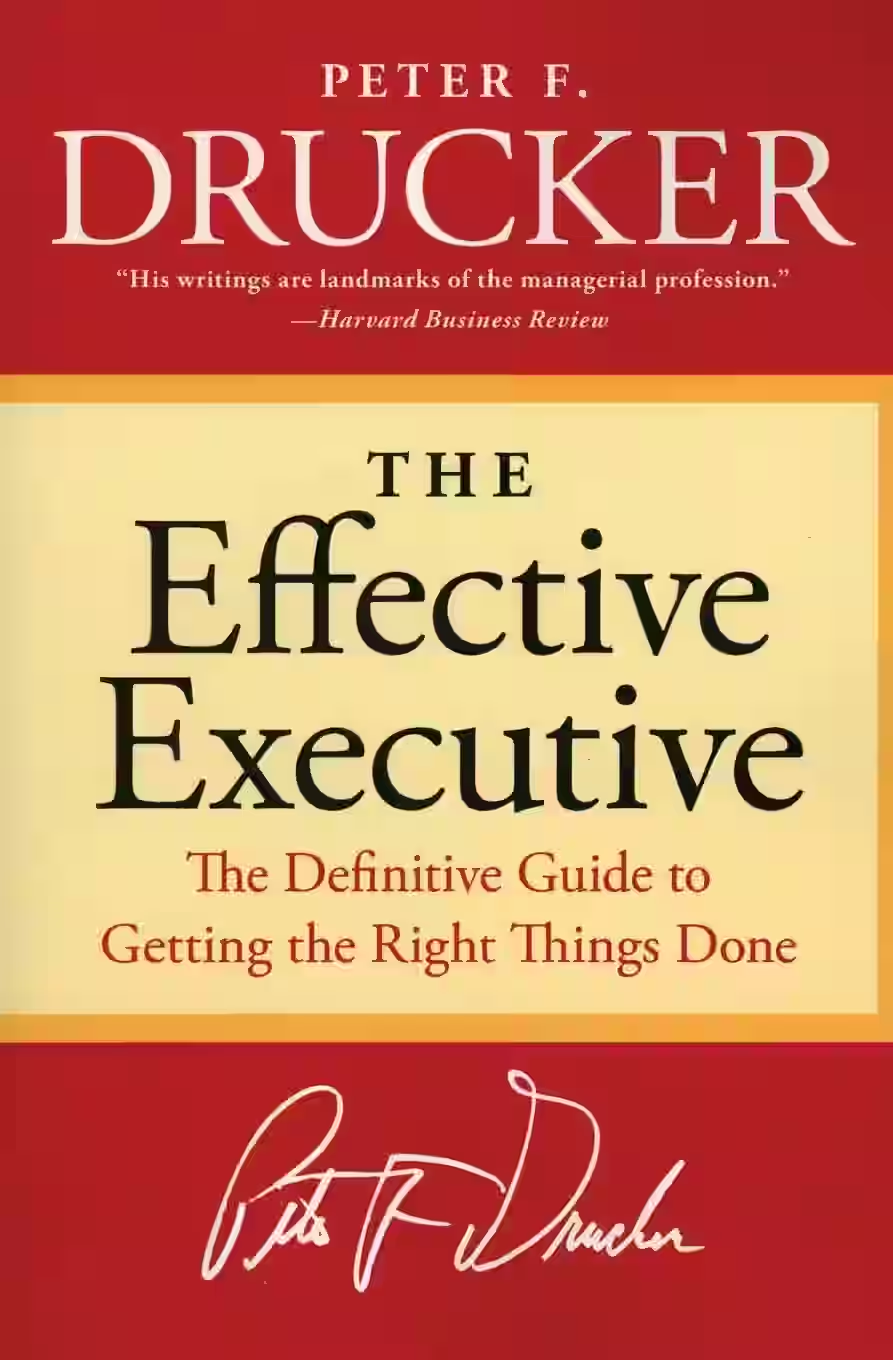
In The Effective Executive, Peter Drucker outlines the essential practices that make executives—and knowledge workers—more productive and impactful. Rather than focusing on charisma or innate talent, Drucker emphasizes disciplined time management, clear priorities, effective decision-making, and results-driven action. He argues that effectiveness is a skill that can be cultivated through habits such as knowing where time goes, focusing on contribution, and concentrating on a few key tasks. Written with clarity and timeless wisdom, this concise book remains a cornerstone of leadership and management literature, offering practical insights for professionals aiming to lead with focus, intention, and strategic purpose.
About Peter Drucker
Peter Drucker (1909–2005) was a highly influential management theorist, educator, and author whose work laid the foundation for modern business and organizational leadership. Often called the “father of management,” Drucker wrote extensively on decision-making, innovation, leadership, and the role of the executive. His book The Effective Executive remains a classic in management literature. Drucker emphasized results, personal responsibility, and the need for ethical leadership. He advised corporations, nonprofits, and governments, and his forward-thinking ideas—such as “management by objectives” and the “knowledge worker”—continue to shape management practice and education around the world.
Similar Books
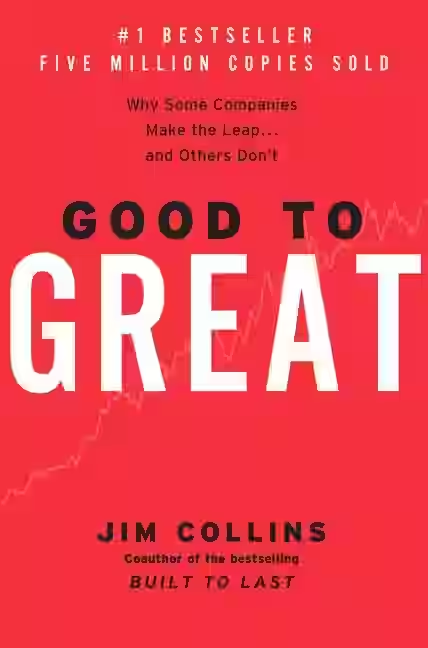
Good to Great
by Jim Collins
In Good to Great, Jim Collins investigates why some companies make the leap from being merely good to truly great—and sustain that performance. Based on extensive data analysis and case studies, Collins identifies key factors behind this transformation, including disciplined people, thought, and action. Central concepts include the Hedgehog Concept, Level 5 Leadership, and the Flywheel Effect. The book argues that greatness comes from building a culture of excellence, facing brutal facts, and staying focused on long-term goals. Insightful and accessible, Good to Great is widely considered essential reading for leaders aiming to build high-performing, resilient organizations.
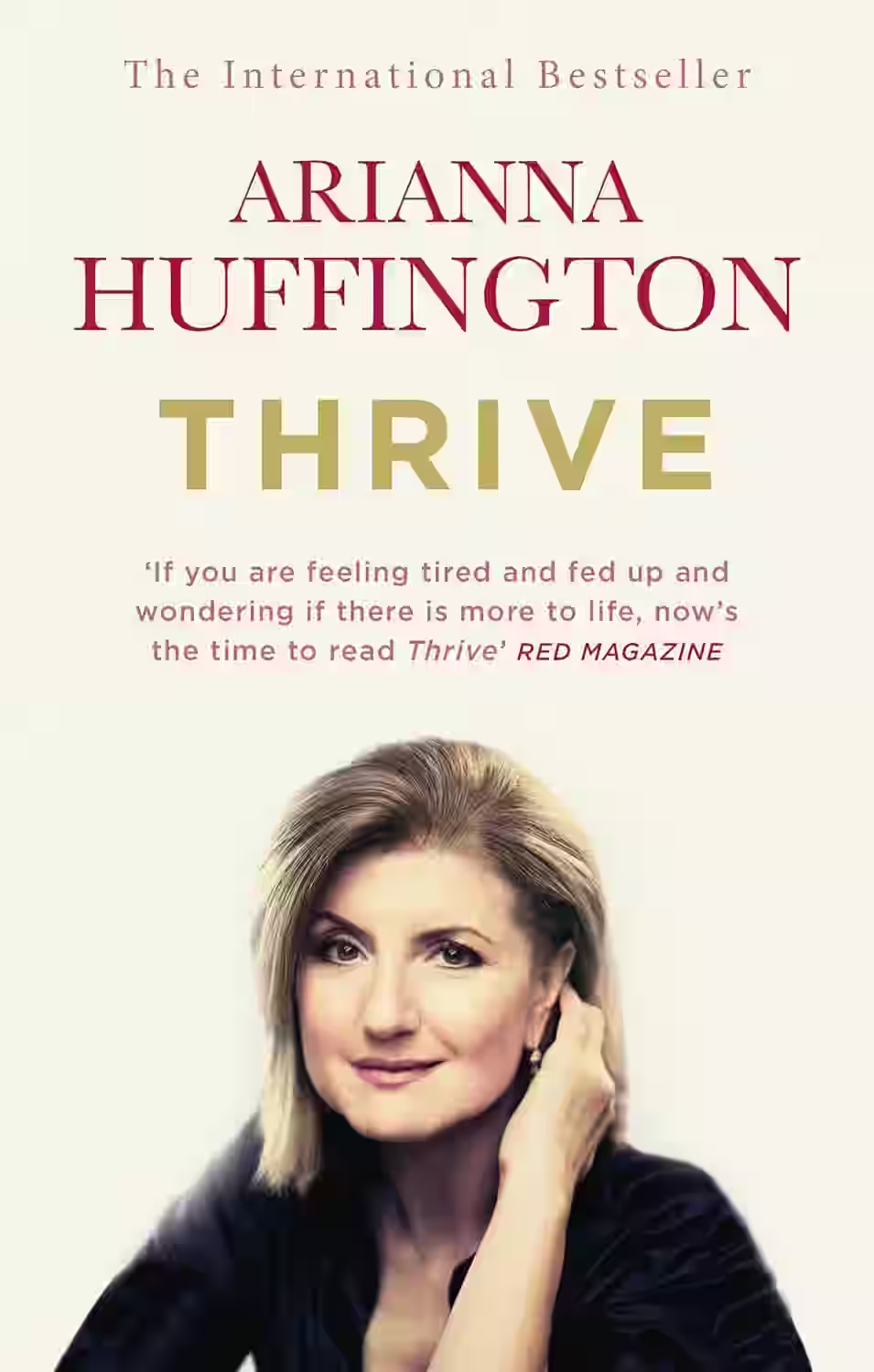
Thrive
In Thrive, Arianna Huffington redefines success beyond wealth and power, proposing a third metric rooted in well-being, wisdom, wonder, and giving. Drawing from research and her own life, she argues that burnout and stress are not badges of honor but symptoms of a misguided culture. The book explores mindfulness, sleep, gratitude, and compassion as essential to living a fulfilling life. Huffington weaves personal anecdotes with scientific insights to promote a more holistic vision of success—one that nurtures both the self and the community. Thrive serves as a call to prioritize what truly matters in a fast-paced world.
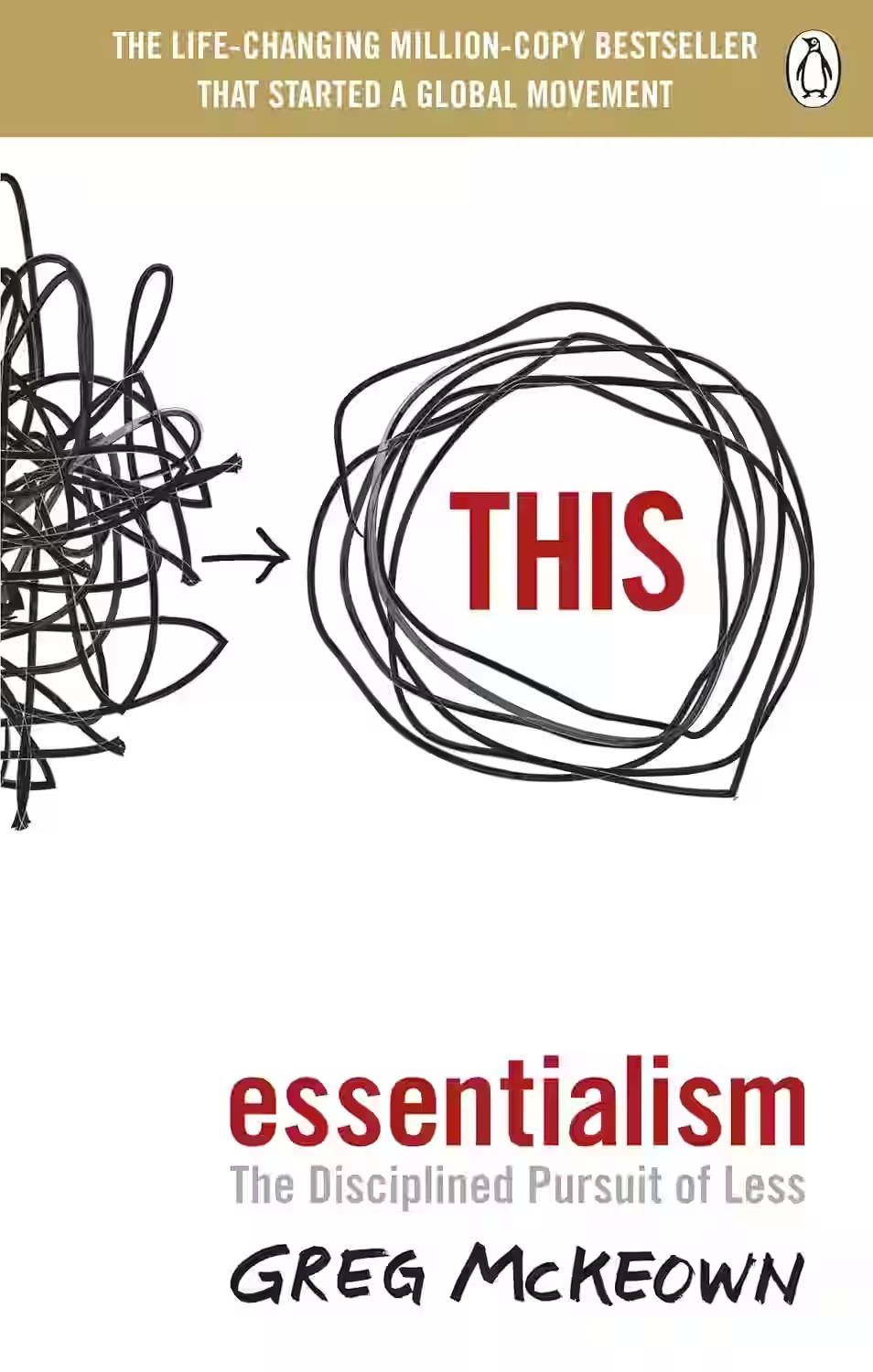
Essentialism: The Disciplined Pursuit of Less
by Greg McKeown
Essentialism is a manifesto for simplicity in an increasingly busy world. Greg McKeown advocates for doing less, but better—focusing only on what is truly important. He challenges the idea that we must do everything and instead teaches readers how to identify their highest priorities, eliminate non-essential tasks, and reclaim control of their time and energy. With practical tips and clear frameworks, the book empowers readers to make deliberate choices, say no more often, and live with intention. Essentialism is about creating space for what really matters—professionally and personally—by embracing the power of focus and clarity.
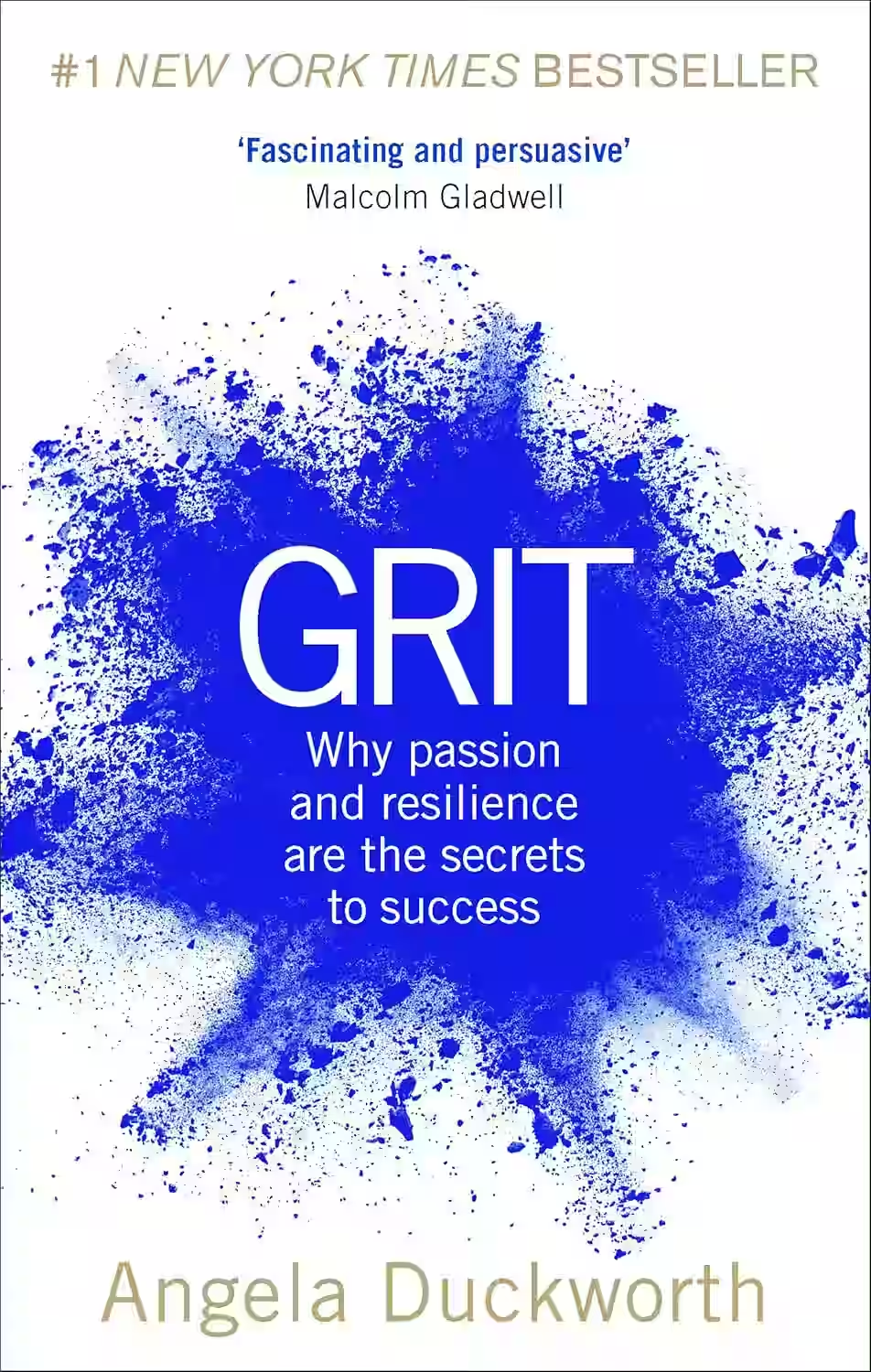
Grit
In Grit, psychologist Angela Duckworth explores why talent alone doesn’t predict success—grit does. Based on her research, Duckworth argues that sustained passion and persistent effort matter more than innate ability. She shares stories of high achievers from diverse fields, showing how resilience, long-term focus, and consistent hard work lead to exceptional outcomes. The book combines personal anecdotes, scientific studies, and practical strategies to help readers develop grit in their own lives. Duckworth’s insights challenge the myth of overnight success and inspire readers to pursue their goals with tenacity, regardless of obstacles or setbacks.